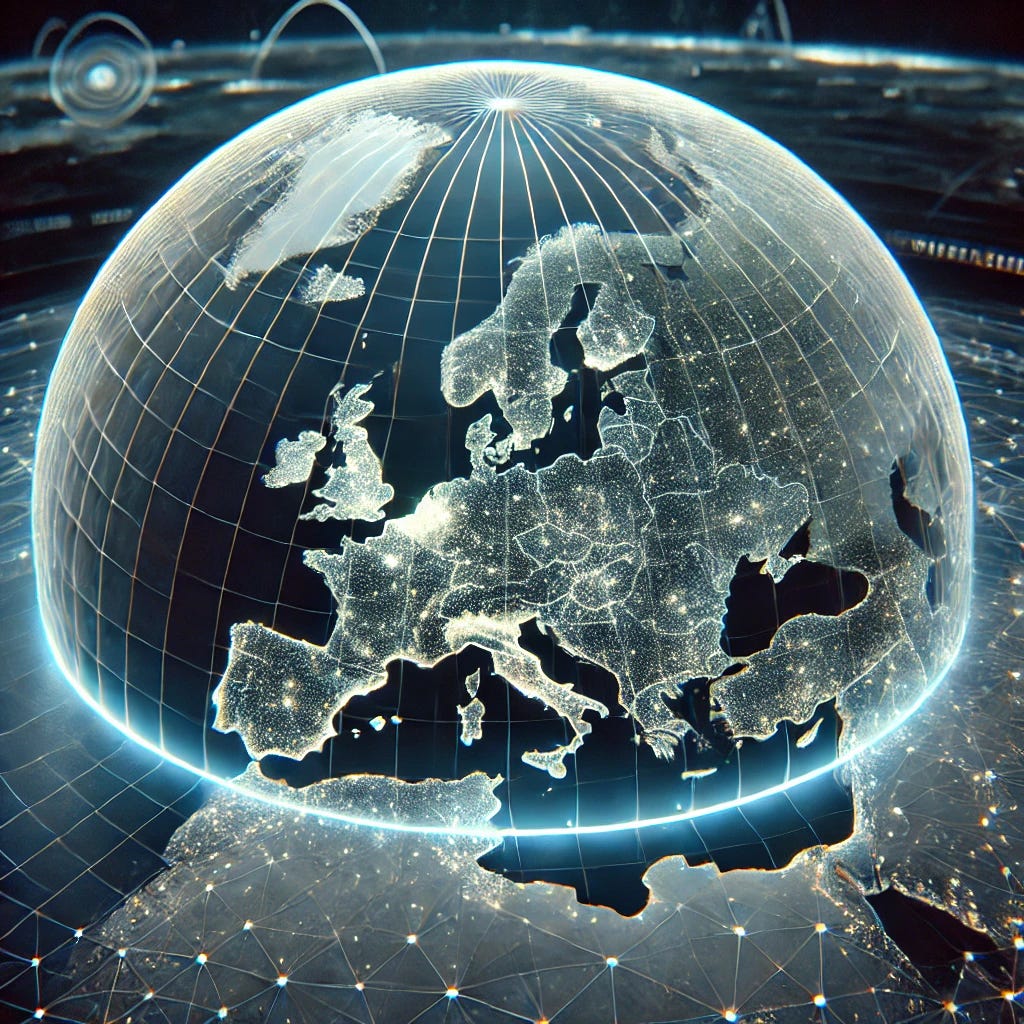The Great European Firewall: Why the EU Wants Its Own Satellite Constellation
The European Union’s plan to launch IRIS², a satellite internet constellation, is being heralded as a leap toward technological sovereignty. On its face, this sounds like an innocuous if costly endeavor—€11 billion for a communications system allegedly designed to improve connectivity and security. Yet scratch the surface, and you’ll find a far less vir…




